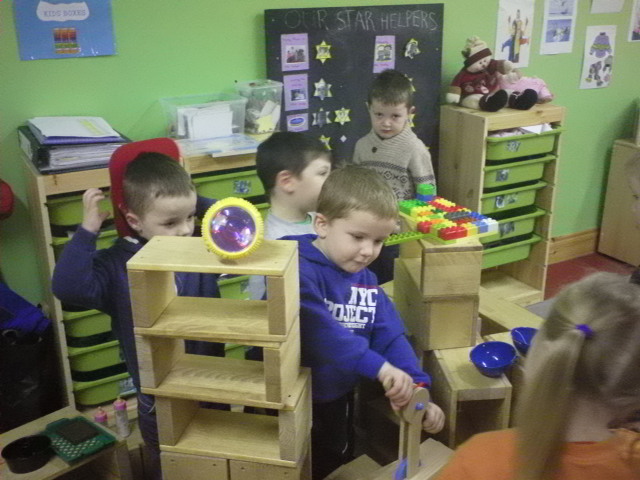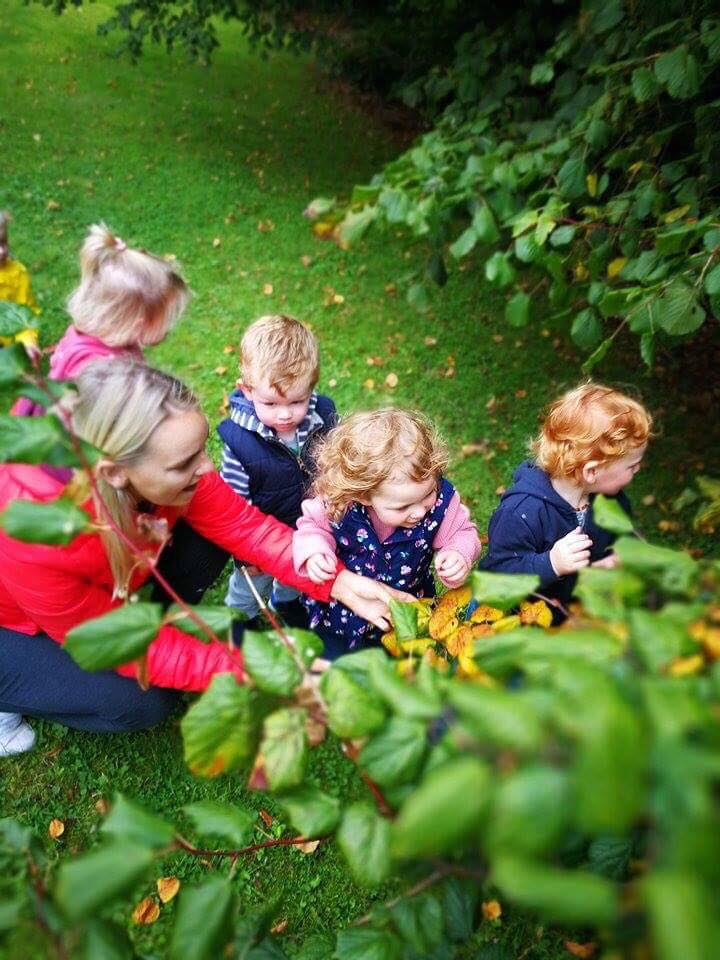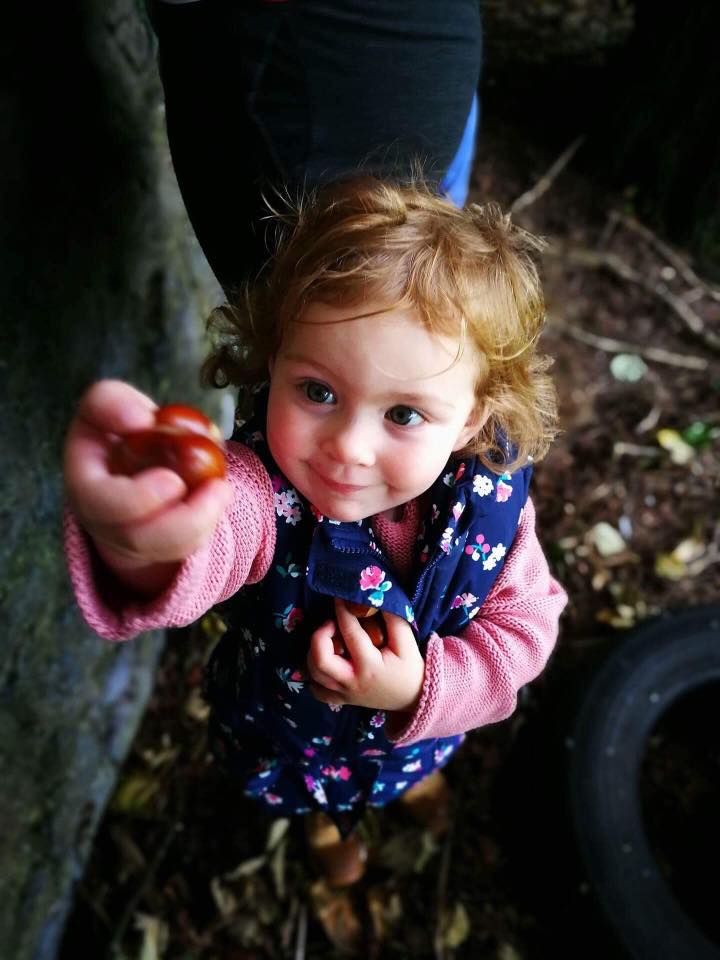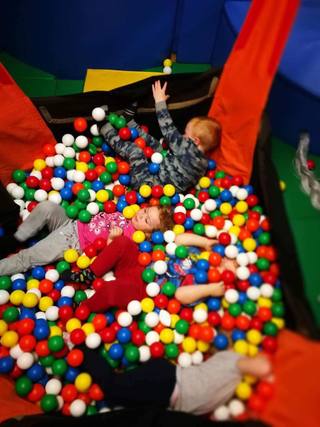|
|
In our centre we are operating the play based curriculum. Our play based approach is used in all rooms to suit the age and developmental needs of the children. The main aim of this curriculum is to provide a supportive learning environment.
|
What is play based learning?Play based learning draws from children’s natural desire to engage in experiences based on their interests, strengths and developing skills. When children initiate play, they are more motivated to learn and develop positive dispositions towards learning. The educator’s role in supporting play based learning is vital. These include:
|
|
A play based program aims to
|
Benefits of a Play Based CurriculumA play based program has many benefits for children as it facilitates the development of skills, dispositions and knowledge. As effective play based program can assist children to develop lifelong learning skills that will stay with them beyond the early learning environment. Engaging in play based learning enables children to use and develop thinking skills such as problem solving, reasoning and lateral thinking. It offers opportunities to interact with others, develop communication strategies and work in collaboration with peers and adults. It can foster literacy, numeracy and the development of scientific concepts. As children are empowered to make decisions and initiate play, they become confident and motivated learners. This in turn fosters responsibility and self regulation. Play also provides children with many opportunities to resolve conflict, challenge unfair play and embrace diversity.
|



